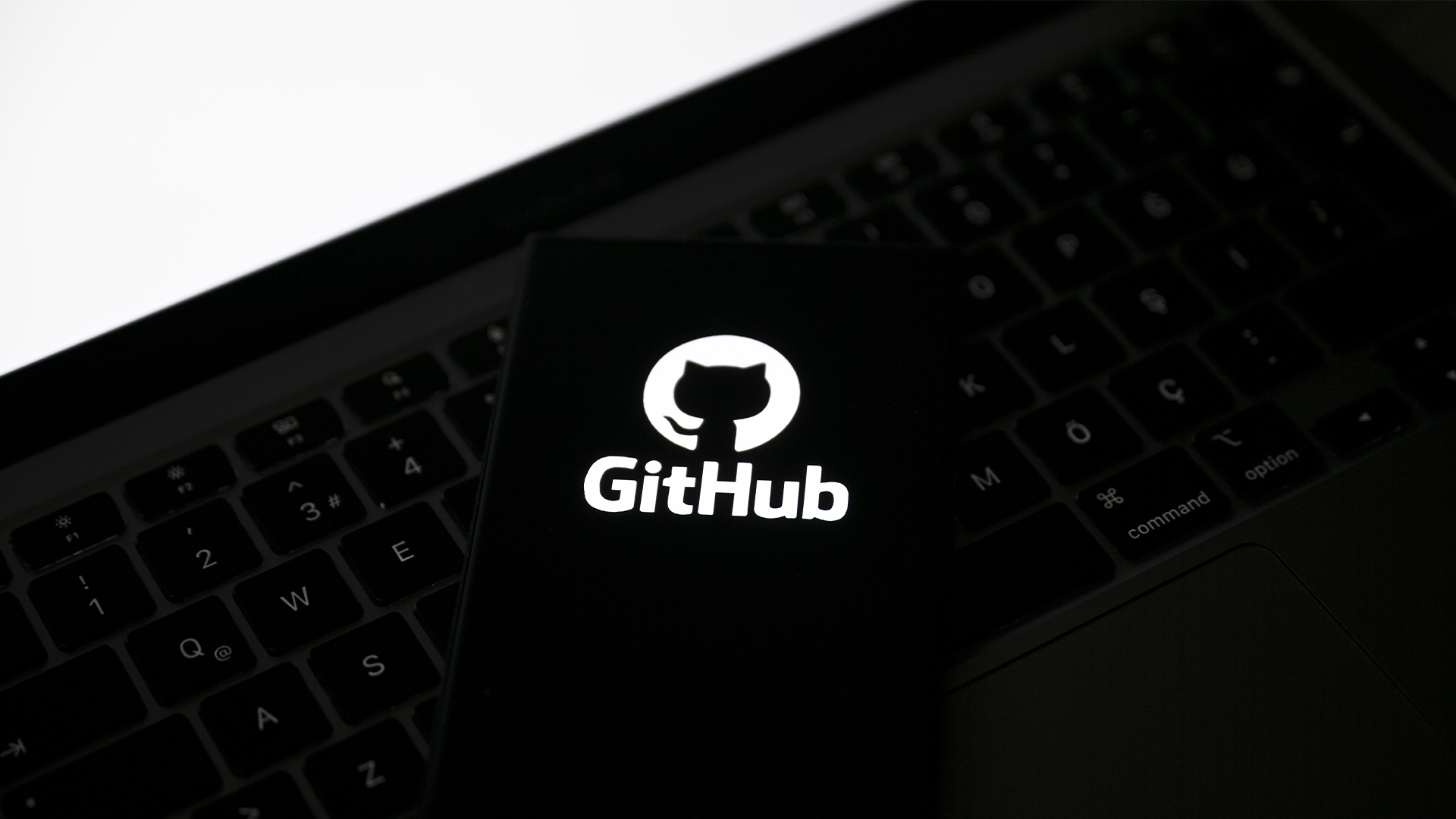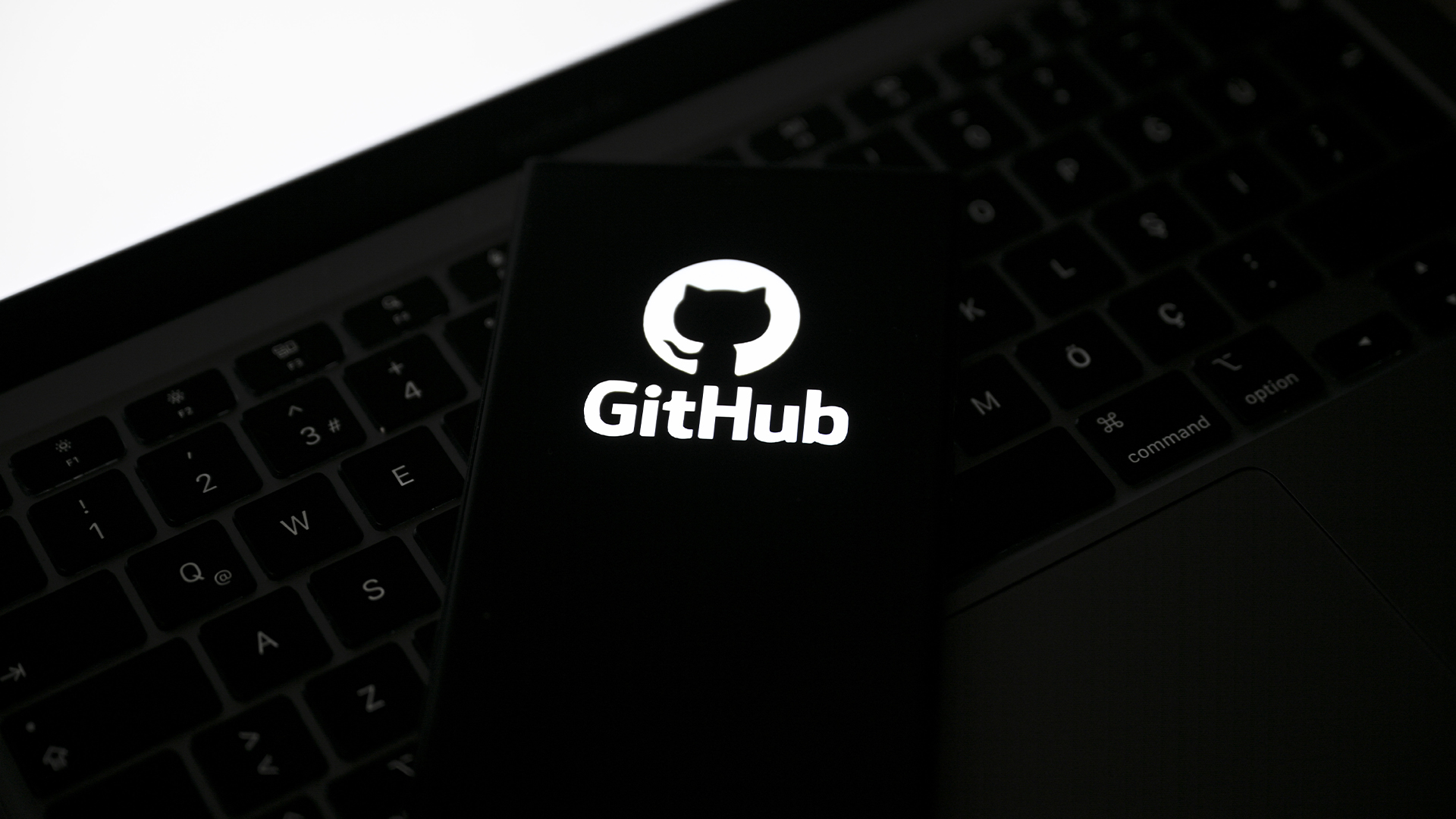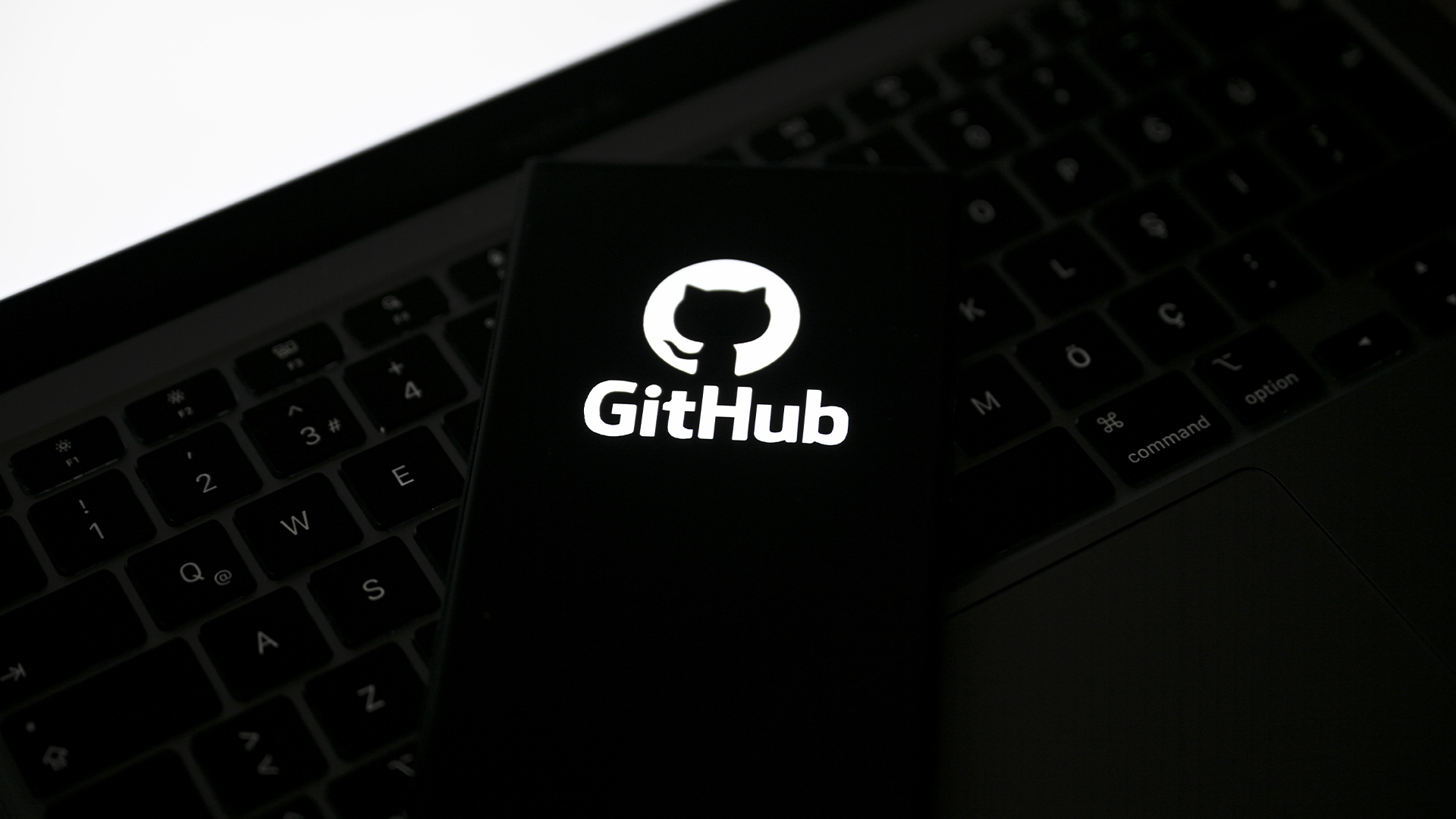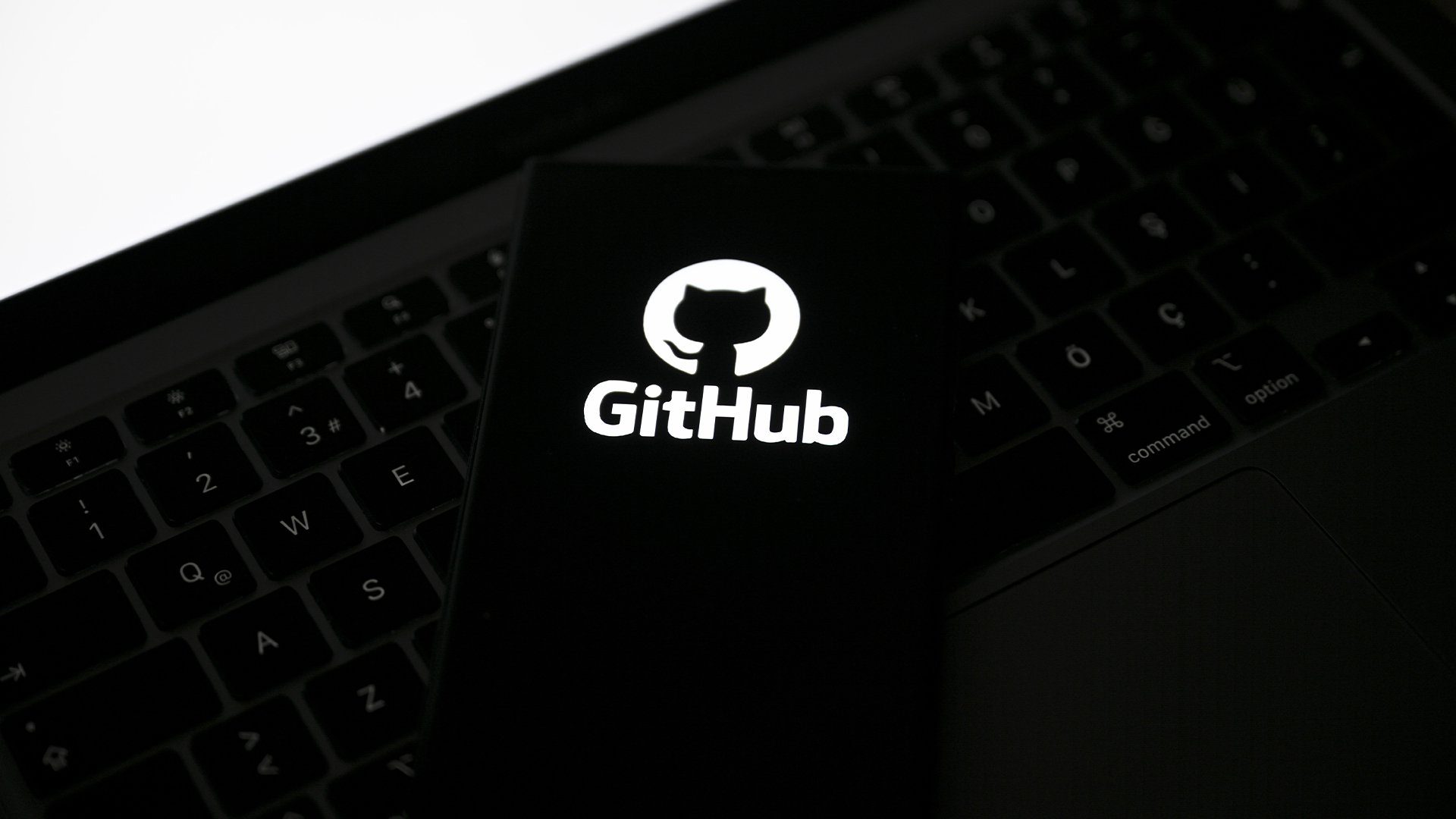Some GitHub users must take action after RSA SSH host key exposed
One cloud security expert likened the incident to the infamous HeartBleed bug from 2014


Some GitHub users will have to make changes to their terminal code after the platform replaced its RSA SSH host key after it was exposed.
The key was only "briefly exposed" in a public GitHub repository, it said, but took the measure to replace the key "out of an abundance of caution".
Mike Hanley, CSO and SVP of engineering at GitHub, assured users that GitHub’s systems haven’t been compromised, but that the key was exposed due to “an inadvertent publishing of private information”.
“We did this to protect our users from any chance of an adversary impersonating GitHub or eavesdropping on their Git operations over SSH,” Hanley said in a blog post.
“This key does not grant access to GitHub’s infrastructure or customer data. This change only impacts Git operations over SSH using RSA. Web traffic to GitHub.com and HTTPS Git operations are not affected.”
Secure Shell (SSH) keys are used in the SSH protocol as an access credential. It allows users to securely access network resources, including servers, and use them as if they were local machines.
Host keys are unique to each SSH client and if one was stolen and then abused, attackers could perform man in the middle (MITM) attacks to access user passwords or execute commands.
Sign up today and you will receive a free copy of our Future Focus 2025 report - the leading guidance on AI, cybersecurity and other IT challenges as per 700+ senior executives
GitHub said that only the RSA SSH key was replaced, and users who rely on ECDSA or Ed25519 keys don’t need to make any changes.
However, GitHub users who see the message “WARNING: REMOTE HOST IDENTIFICATION HAS CHANGED!” when connecting to GitHub.com through SSH will have to make some changes.
Users need to remove the old SSH key by running the command '$ ssh-keygen -R github.com'.
Alternatively, they can also update their ~/.ssh/known_hosts file manually to get rid of the old key, and add the new one by inserting a new line that can be found in the company’s blog post.
Another method users can deploy is automatically updating the key in their ~/.ssh/known_hosts by running specific code in their terminal, which can also be found on GitHub’s blog post.
“This is maybe as bad as Heartbleed,” said Daniel Feldman, cloud security architect for HPE on Twitter.
"Everything was exposed, across many platforms and services, retroactively going back some period of time (we’re not sure how long yet).
“Like Heartbleed, it will be very difficult to prove whether or not someone actually used the exploit. They just might have.”
Heartbleed was a security bug introduced into the OpenSSL cryptography library in 2012 but only disclosed in 2014. The vulnerability allowed potential hackers to read the memory of websites affected with the bug, opening the possibility for cyber criminals to discover encryption keys.
In October 2021, GitHub revoked all SSH keys used in its GUI client GitKraken after it discovered that the software client was generating weak SSH keys.
GitKraken disclosed the flaw, detailing that weak keys could lead to a higher probability of key duplication. GitHub notified users whose keys had been revoked, and recommended developers to review SSH keys linked to GitHub accounts.
Zach Marzouk is a former ITPro, CloudPro, and ChannelPro staff writer, covering topics like security, privacy, worker rights, and startups, primarily in the Asia Pacific and the US regions. Zach joined ITPro in 2017 where he was introduced to the world of B2B technology as a junior staff writer, before he returned to Argentina in 2018, working in communications and as a copywriter. In 2021, he made his way back to ITPro as a staff writer during the pandemic, before joining the world of freelance in 2022.
-
 An AWS CodeBuild vulnerability could’ve caused supply chain chaos – luckily a fix was applied before disaster struck
An AWS CodeBuild vulnerability could’ve caused supply chain chaos – luckily a fix was applied before disaster struckNews A single misconfiguration could have allowed attackers to inject malicious code to launch a platform-wide compromise
-
 Shai-Hulud malware is back with a vengeance and has hit more than 19,000 GitHub repositories so far — here's what developers need to know
Shai-Hulud malware is back with a vengeance and has hit more than 19,000 GitHub repositories so far — here's what developers need to knowNews The malware has compromised more than 700 widely-used npm packages, and is spreading fast
-
 GitHub is awash with leaked AI company secrets – API keys, tokens, and credentials were all found out in the open
GitHub is awash with leaked AI company secrets – API keys, tokens, and credentials were all found out in the openNews Wiz research suggests AI leaders need to clean up their act when it comes to secrets leaking
-
 Organizations urged to act fast after GitHub Action supply chain attack
Organizations urged to act fast after GitHub Action supply chain attackNews More than 20,000 organizations may be at risk following a supply chain attack affecting tj-actions/changed-files GitHub Action.
-
 Nearly a million devices were infected in a huge GitHub malvertising campaign
Nearly a million devices were infected in a huge GitHub malvertising campaignNews Microsoft has alerted users to a malvertising campaign leveraging GitHub to infect nearly 1 million devices around the world.
-
 'GitVenom' campaign uses dodgy GitHub repositories to spread malware
'GitVenom' campaign uses dodgy GitHub repositories to spread malwareNews Security researchers have issued an alert over a campaign using GitHub repositories to distribute malware, with users lured in by fake projects.
-
 Malicious GitHub repositories target users with malware
Malicious GitHub repositories target users with malwareNews Criminals are exploiting GitHub's reputation to install Lumma Stealer disguised as game hacks and cracked software
-
 A leaked GitHub access token could have led to a catastrophic supply chain attack
A leaked GitHub access token could have led to a catastrophic supply chain attackNews The GitHub access token with administrator level privileges could have been used to great effect by threat actors


